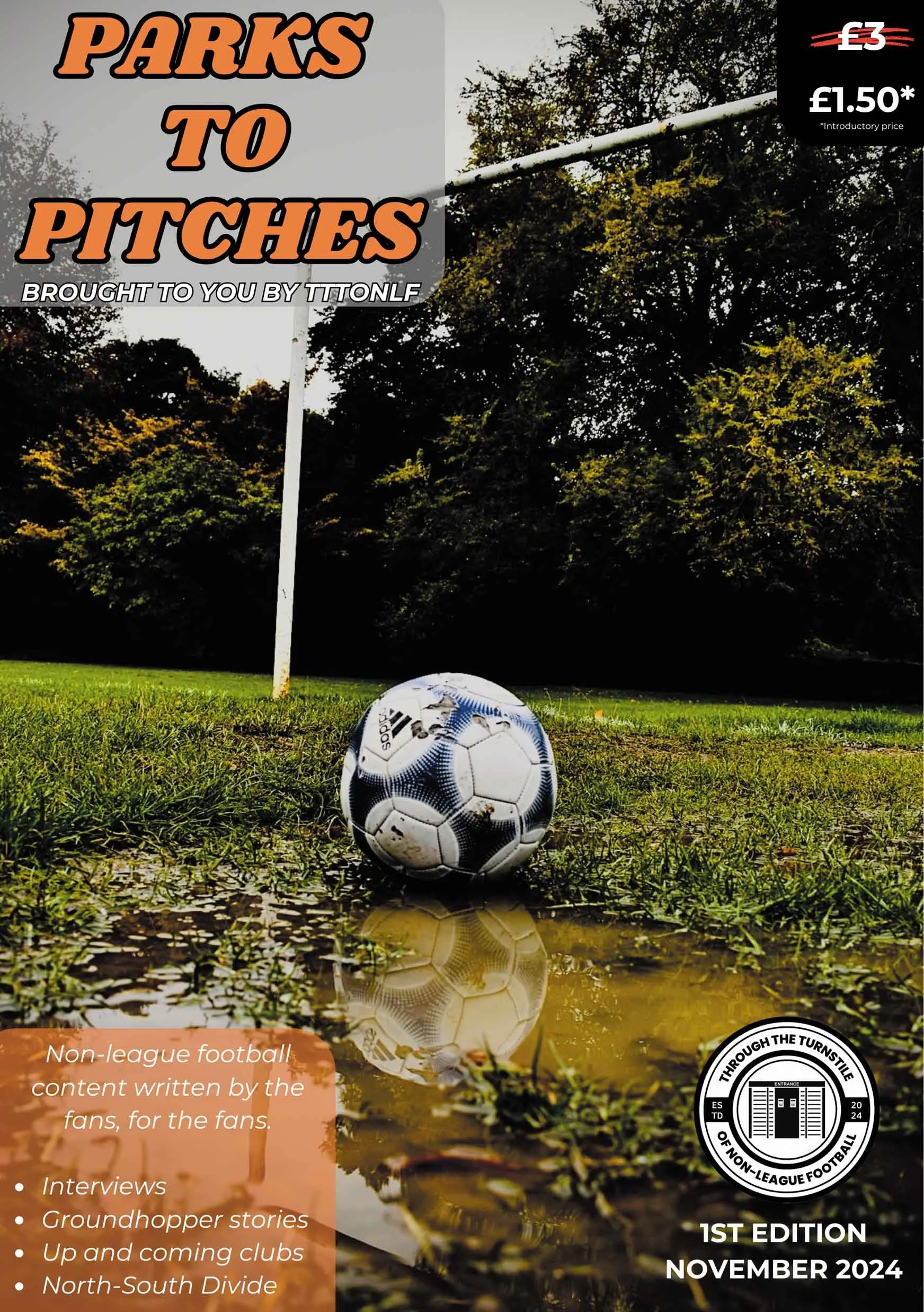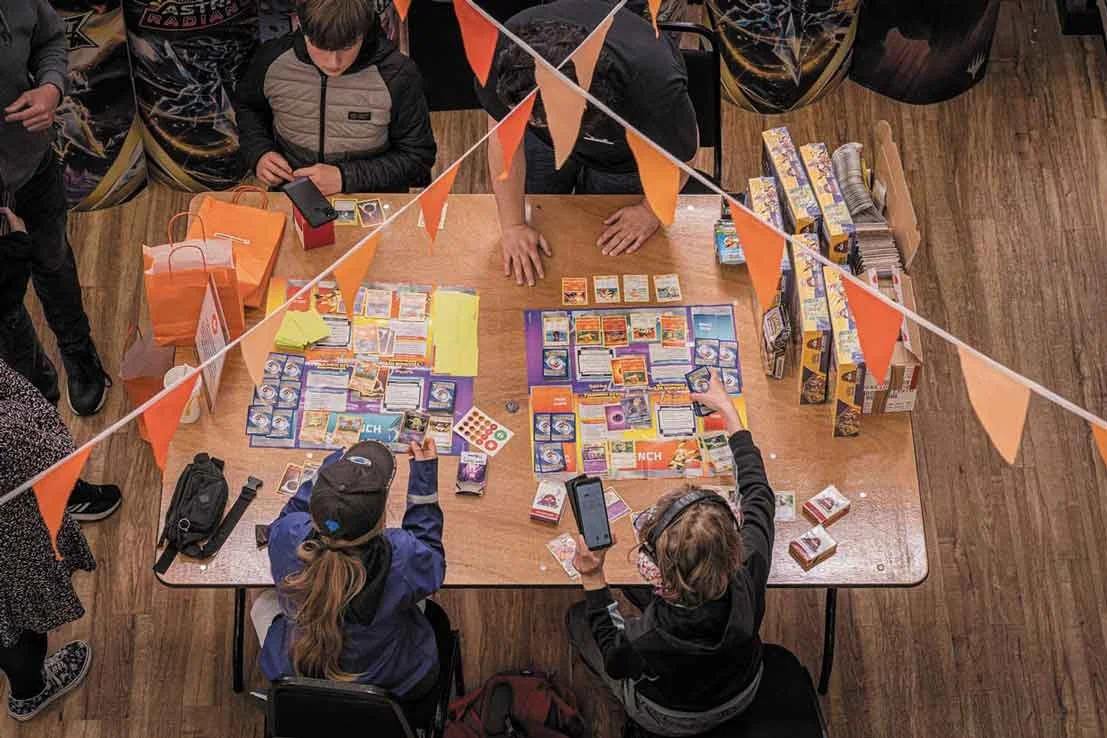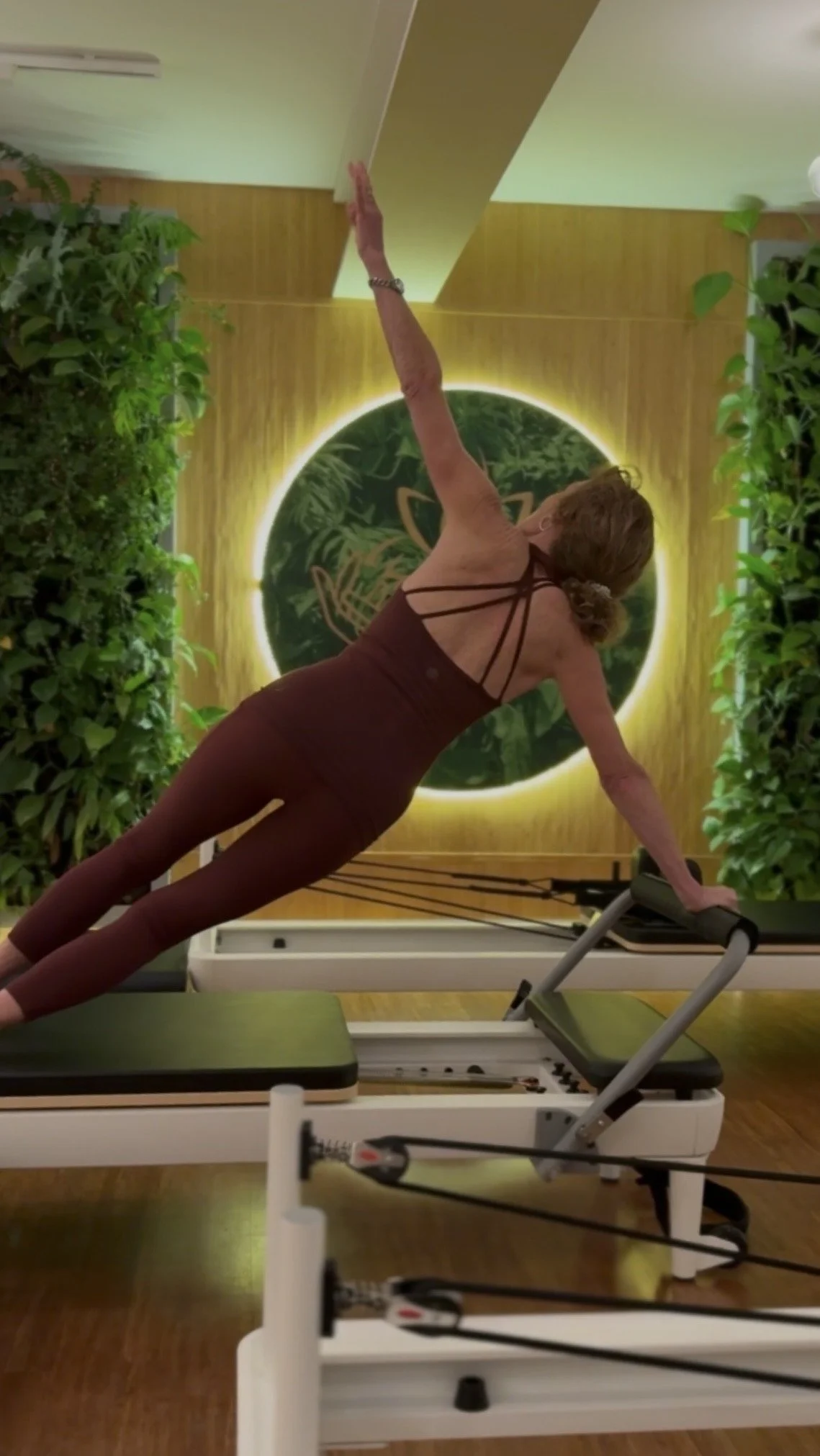King Putt - Marc Chapman, Kent's Crazy Golf Champion
Kent’s three-time World Crazy Golf Champion Marc Chapman tells us about the golden triangle of mini golf and why Europeans struggle with the windmills
We’ve all done it, deliberately miscounted how many shots you took in order to win the hole on your holiday game of mini golf.
Well, one man who needs no underhand tactics is Canterbury’s Marc Chapman, the three-time World Crazy Golf Champion (2018, 2019, 2021).
Nicknamed ‘The Force’, Marc has played competitive miniature golf for more than a decade, sweeping all before him to take home the 2011 Masters and British Open as well as the 2020 British Minigolf Championships held at Strokes Adventure Golf in Margate.
A fencing coach by day, by night (and mostly weekends) Marc can be found battling windmills and water hazards as he prepares for yet another championship at Hastings’ Adventure Golf. But it all could have been so different.
A talented golfer (or big golf, as we’ll refer to it here), as well as competing in fencing on a national stage, Marc plunged all his time and efforts into making the most of his skills with the sword.
“I was studying fencing at school, then became a youth international… and was sort of building my career with fencing and had four or five years of really hitting that hard and I kind of burned out. So then it was like, actually, I need some time away from that to switch off and, you know, for my own well-being more than anything.”
A cursory glance at the Sunday papers one day revealed an article about the World Crazy Golf Championships in Hastings, which offered a £1,000 first prize.
“I liked the novelty factor of it and I had the desire to be a world champion at something. I think that was sort of engrained in my athletic career, which never really came to anything. But it was too late to enter for that year. So I did a bit more research and discovered a group of people on a British tour that do this once every month.”
Having put in a bit of practice and research on forums (Twitter hadn’t really happened yet), Marc rocked up at a few events in late 2008 and was eventually brought into the fold of this group.
“You see some bizarre things. I saw a top player last year just couldn’t get it through the windmill. You just watch people implode with some of these obstacles”
“I found out they used specialist putters with a rubber face. So, right, I need one of those. Then I found a website of an equipment company in Sweden that did that and got one imported.”
After playing a tournament in Birmingham, winning top novice, he was hooked.
“And then that’s it, you know, you’re on that journey, then it’s like what’s the next one, what’s the next one, and I ended up at the World Crazies in Hastings and I was on the bubble of the money, the first place not to receive anything. And this was out of, I don’t know, 80 or 90 people that were there. So that’s kind of unheard of.
There are three major championships in the UK, which are spread across two days and tend to be at least six rounds.
“It‘s a proper marathon and the fields for those majors can be anything from sort of 50 to 60 players up to the World Crazies this year, which is 160. It’s quite a lot of people to fit on.”
And who knew that the golden triangle of miniature golf is Kent and the South East?
“The majors tend to be South East-centric, just because some of the best courses are in this corner of the world. So Margate, Hastings, Sidcup, one over in Essex,” says Marc. “There’s also the Midlands Open near Solihull, south-east Birmingham. And there’s a course in Gloucester that one of our pro mini golfers runs. We use that for events as well as a whole sort of Welsh brigade.”
Marc explains that there’s a hardcore group of about 40 people who attend most events, with ages ranging from 14 to 70.
“There’s not actually many of us at all, but we’re the ones that kind of win all the big ones because we’ve put the work in and we’ve got that slightly more sort of competitive attitude and a bit more mental stamina.”
But this isn’t any old walk on the fairway – training is incredibly important if you want to do well.
“If you want to compete and be in contention for these big events, you’ve got to put some work in. Why? Because you know other people are as well,” explains Marc. “If everyone just rocked up and had a whack round, then fair enough, you know, the bar is low. Unfortunately, the bar is incredibly high. Things I found out when I started, you know, you couldn’t turn up without doing at least a year’s worth of competitive play to get a feel for the pressure. The pressure is the main thing, when you’re standing over a putt, you think ‘Oh, this is silly’, but my god, the similarities between my sport of fencing and that, and the pressure you’re under, and the amount of mental energy you’ve got to give to sustain that concentration level over a whole weekend, that is a different level.”
Being a self-confessed z-list celebrity, though arguably the top persona in mini golf, means Marc often gets collared for interviews and even TV shows in between rounds.
“The majority of players really don’t appreciate that at all because they’re never in the winners’ circle, they never have that profile, they don’t know the work you have to put in beforehand to be able to do all the extra stuff as well.
“So I’ve conditioned myself and programmed myself in the weeks and months before the event by playing a specific course, finding out where you tee off from and just playing the shots, taking the notes, based on the wind direction, whether it’s wet, whether it’s dry and even time of day makes a difference.”
SUBCULTURE TO MAINSTREAM
The popularity of miniature golf is there for all to see, with Swingers, Puttshack, Junkyard Golf and many more attracting crowds to have a go at the sport while having a drink-up at the same time.
“The industry is a multimillion-pound, maybe even billion-pound, industry now. This sort of competitive socialising element of it, where people can go play a sport, axe-throwing, shuffleboard, crazy golf, and have a night out, that is a huge industry. And they are very profit driven and experience driven – they’re not too fussed about repeat custom.
“They’re not too fussed about competitive play – it’s very separate to, let’s say, the more seaside location for outdoor ventures, which, again, is a multimillion-pound industry. But they do value repeat customers, they do value the competitive sport, because they want their course to be played and to be loved and for people to enjoy that and to return with their families.”
Marc explains that hosting a tournament with a prize pool brings a bit of a buzz to the outdoor venues and even attracts players from overseas.
“Mini golf as a world sport is very centred on central Europe – Sweden, Germany and Austria are the powerhouses of the sport. And they have a very different-looking version of mini golf. They have standardised courses, either concrete or like fibre. So it’s like putting on glass. And it’s very technical, every hole is designed to be aced.
“It’s very different to playing in this country with crazy golf or adventure golf, where you’re putting on felt, and it’s more sort of a true miniature golf with bunkers and undulations and it’s more about feeling line and length and sort of sweeping a ball around the slopes to get it into the hole. We’re not really using the walls as much and then you’ve got crazy obstacles like windmills and watermills.”
But does Marc like the wacky obstacles?
“I mean, they cause panic in people that aren’t that confident in what they’re doing,” he says. “You see some bizarre things. I saw a top player last year just couldn’t get it through the windmill. You just watch people implode with some of these obstacles. You know, they’re scared. And again, in sport, we talk a lot about that fear of failure. It’s quite an inhibiting thing. It makes you shut down, makes you choke, it makes you do all these things.”
While his favourite course is probably Strokes Adventure Golf in Margate, Marc has recently been commissioned by a mini golf group to design his own courses, the first of which is due to open later this year in Huntingdon (it’s Aztec-themed, if you’re asking).
And the coming notoriety doesn’t stop there, with filmmaker Hansel Rodrigues filming a documentary about Marc and the British mini golf scene.
“So yeah, so it’s been in the making for a while. I reckon it’s about a year and a half’s worth of filming. It’s that sort of journey, and the preparation, using me as the way in and interviewing loads of people who regularly compete, went to their homes, speaking about them, their backgrounds, why they play this sport, looking at the nuances of it, looking at the skill involved.
“Now they’re deep in the edit and they’re pitching it to production companies, looking for an outlet. I saw a trailer they produced and it looks really high-quality.
FB @marcchapmancrzygolf
INFO: marcchapmancrazygolf.com











